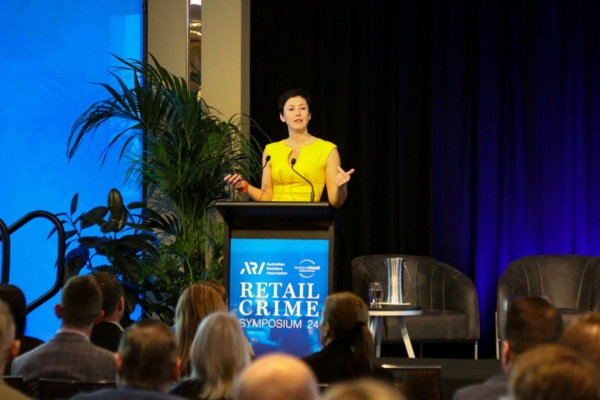Retail crime in Australia has escalated from a minor nuisance to a significant threat, impacting businesses, employees, and consumers alike. The National Retail Association (NRA) and the Australian Retailers Association (ARA) recently joined forces to hold the Retail Crime Symposium in Melbourne, which brought together government, law enforcement, and businesses to discuss and advocate for sweeping changes to enhance the safety of retail staff and business owners. As retail crime becomes increasingly sophisticated and violent, a united front is essential.
The industry estimates that retail theft, both external and internal, is costing Australian businesses up to $9 billion each year. In a recent survey, the NRA found that 85% of respondents feel that business profitability is affected by having to implement strategies to counter retail theft.
Retail crime costs us all. Every single incident erodes profitability for businesses, increases the cost of goods to consumers, endangers frontline staff while also wasting their time, and ultimately reduces the appeal of our retail precincts to customers.
Unified action is our only solution to the mounting issue of retail crime and violence. As criminals become more sophisticated in their undertakings, our sector needs to collaborate with government and law enforcement through coordinated action.
While legislative protections for frontline workers have improved, uniform coverage across Australia is still lacking. Stricter penalties for those who assault retail staff are essential to deter aggressive behaviour. Recent laws introduced in South Australia, New South Wales, Western Australia, and the Northern Territory, with legislation pending in Tasmania and announced in Victoria, mark significant progress. However, more needs to be done to ensure that these penalties don’t just exist but are effectively executed through the courts to reinforce our intolerance of these offenders.
Improving relationships between the retail sector and police is crucial to our fight against retail crime. Regular communication, increased reporting, shared training sessions, and coordinated efforts during peak shopping periods can create a robust defence against retail crime. We call on businesses to increase the reporting of retail theft and violence; if the police don’t know how serious the problem is, it becomes much more difficult for governments to respond effectively. Businesses, police officers, and governments need to communicate effectively for the coordinated action strategy to work. Our priority at the moment is to increase trust between retailers and law enforcement so that data on retail crime trends reflect real-time incidents.
Governments also need to fund packages for small businesses to increase the uptake of security equipment. Small businesses are most vulnerable in a retail crime epidemic and are made even more vulnerable by the exacerbating cost-of-trading crisis. The responsible adoption of technology can be a game-changer. AI-driven security systems, smart cameras, and predictive analytics can detect suspicious activities before they escalate. A collaborative tech front can adapt to the sophisticated methods used by criminals, ensuring a more secure retail environment.
Retail crime isn’t just a financial issue; it’s a human one. Violent confrontations and aggressive behaviour take a significant emotional toll on frontline workers. There has been an uptick in violence against retail workers recently, dissuading workers from a sector already struggling with heavy labour shortages. Retail is the largest employer of young people in Australia, so creating safer working environments through stronger laws and better support systems is essential.
The 2024 Retail Crime Symposium in Melbourne brought together leading experts to tackle retail crime, worker assaults, and organised crime infiltration. This collaborative effort underscores the importance of a united stance. The symposium’s discussions and outcomes provide a pathway for action, ensuring that data and reporting mechanisms accurately reflect the heightened rates of aggressive behaviour.
Retail crime in Australia is not going away altogether, but it can be significantly curtailed through concerted, cooperative efforts. By leveraging technology, fostering partnerships, and focusing on the human impact, a formidable defence against retail criminals is possible.


